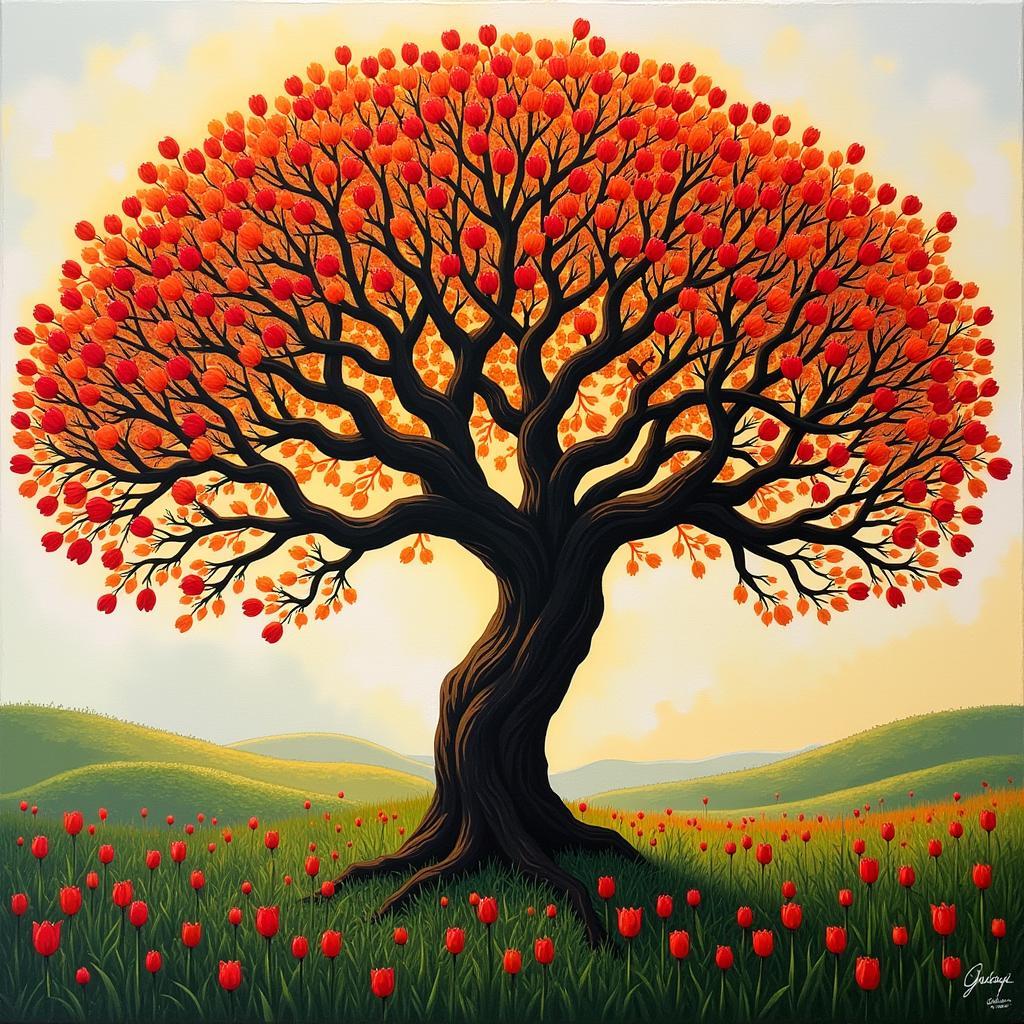Exploring the African American Experience in Film: A Deep Dive into Representation and Storytelling
The African American experience in film has evolved dramatically over the decades, reflecting the changing social and political landscape of the United States. From early portrayals rife with stereotypes and prejudice to the emergence of powerful narratives celebrating Black voices and cultural diversity, the journey of African Americans in cinema is one of both struggle and triumph. This article explores the rich history of African American cinema, examining key milestones, influential figures, and the ongoing quest for authentic representation.
Early Portrayals: Stereotypes and Resistance
Early Hollywood films often presented Black characters through a narrow lens of stereotypical representations. These portrayals, while deeply problematic, served as a catalyst for a wave of resistance and activism within the African American community. The rise of independent film production, coupled with the emergence of Black filmmakers, led to the creation of films that challenged the dominant narrative and offered a more nuanced understanding of Black life.
The Rise of Black Cinema: Breaking Barriers and Celebrating Culture
The late 1960s and 1970s witnessed the birth of the Black Cinema movement. This period saw the production of groundbreaking films that explored themes of race, identity, and social justice with unprecedented honesty and authenticity. Films like “Shaft” (1971) and “Super Fly” (1972) introduced a new wave of Black heroes and action figures, while movies like “The Last Picture Show” (1971) and “Sounder” (1972) delved into the complexities of Black life in America.
The 1990s and Beyond: Diverse Voices and Complex Narratives
The 1990s marked a significant turning point for African American cinema. Filmmakers like Spike Lee, John Singleton, and Julie Dash brought new perspectives and stories to the forefront, exploring themes of identity, family, and cultural heritage. The success of films like “Do the Right Thing” (1989) and “Boyz N the Hood” (1991) proved that audiences were hungry for diverse narratives and representations.
The Importance of Representation: Empowering Voices and Fostering Understanding
The importance of authentic representation in film cannot be overstated. By providing a platform for Black voices and stories, cinema can challenge stereotypes, promote understanding, and foster empathy. This is especially crucial in a world that often overlooks or misrepresents the experiences of marginalized communities.
The Future of African American Cinema: Continued Evolution and Innovation
As the film industry continues to evolve, the future of African American cinema is brimming with potential. With a growing number of Black filmmakers, actors, and writers, there is a renewed commitment to telling stories that are diverse, insightful, and resonate with audiences worldwide. From independent productions to mainstream blockbusters, the African American experience is being showcased in a new era of cinematic innovation.
Frequently Asked Questions
What are some of the challenges that African American filmmakers face in Hollywood?
Despite the progress made in recent years, Black filmmakers still face significant hurdles in Hollywood. These challenges include access to funding, limited representation in decision-making roles, and the perpetuation of stereotypes within the industry.
What are some examples of films that have positively impacted the representation of African Americans in cinema?
Films like “The Butler” (2013), “Moonlight” (2016), and “Black Panther” (2018) are powerful examples of how cinema can explore complex narratives and celebrate Black culture with authenticity and nuance.
What are some of the most important themes explored in African American cinema?
Themes of race, identity, social justice, family, and cultural heritage are frequently explored in African American cinema, reflecting the lived experiences and complexities of the Black community.
Conclusion
The African American experience in film is a multifaceted journey marked by both struggle and triumph. From the early days of stereotypical portrayals to the emergence of powerful narratives celebrating Black voices and cultural diversity, the evolution of African American cinema reflects the broader social and political landscape. As the industry continues to evolve, there is hope for a future where the richness and complexity of the African American experience are accurately and authentically portrayed on the big screen, inspiring and engaging audiences for generations to come.

